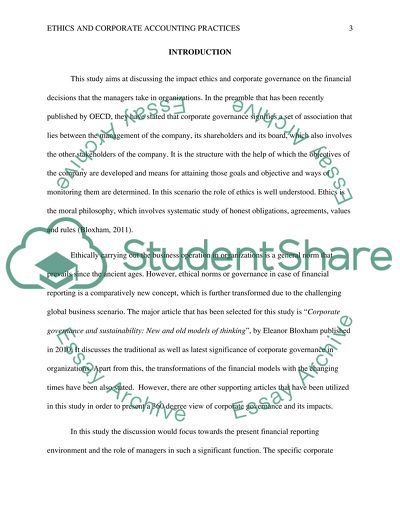Cite this document
(“Ethics and Corporate Accounting Practices Research Paper”, n.d.)
Ethics and Corporate Accounting Practices Research Paper. Retrieved from https://studentshare.org/finance-accounting/1492937-ethics-and-corporate-accounting-practices
Ethics and Corporate Accounting Practices Research Paper. Retrieved from https://studentshare.org/finance-accounting/1492937-ethics-and-corporate-accounting-practices
(Ethics and Corporate Accounting Practices Research Paper)
Ethics and Corporate Accounting Practices Research Paper. https://studentshare.org/finance-accounting/1492937-ethics-and-corporate-accounting-practices.
Ethics and Corporate Accounting Practices Research Paper. https://studentshare.org/finance-accounting/1492937-ethics-and-corporate-accounting-practices.
“Ethics and Corporate Accounting Practices Research Paper”, n.d. https://studentshare.org/finance-accounting/1492937-ethics-and-corporate-accounting-practices.


